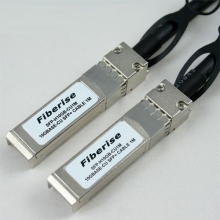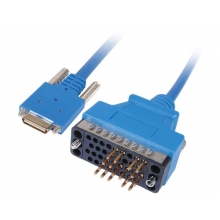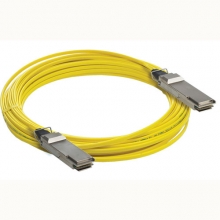- Optical Transceivers
- SFP+ Transceivers
- XENPAK Transceivers
- XFP Transceivers
- X2 Transceivers
- SFP Transceivers
- Compatible SFP
- 3Com SFP
- Alcatel-Lucent SFP
- Allied Telesis SFP
- Avaya SFP
- Brocade SFP
- Cisco SFP
- D-Link SFP
- Dell SFP
- Enterasys SFP
- Extreme SFP
- Force10 SFP
- Foundry SFP
- H3C SFP
- HP SFP
- Huawei SFP
- Intel SFP
- Juniper SFP
- Linksys SFP
- Marconi SFP
- McAfee SFP
- Netgear SFP
- Nortel SFP
- Planet SFP
- Q-logic SFP
- Redback SFP
- SMC SFP
- SUN SFP
- TRENDnet SFP
- ZYXEL SFP
- Other SFP
- FE SFP
- GE SFP
- OC3 SFP
- OC12 SFP
- OC48 SFP
- Copper SFP
- CWDM SFP
- DWDM SFP
- BIDI SFP
- Fiber Channel SFP
- Multi-Rate SFP
- SGMII SFP
- Compatible SFP
- GBIC Transceivers
- Passive Components
- Networking
- Cables
- Equipments
- Tools
- Special Offers


Broadband schemes take a bumpy ride
A project to bring high-speed Internet access to 1,500 homes in Lac qui Parle County in western Minnesota was supposed to be well under way by now. It had federal approval and millions in federal stimulus dollars at the ready, but last spring the project hit a snag. Farmers Mutual, the local telephone company building the network, couldn't lay its hands on the necessary fiber optic cable.
That was one example of how almost two years after more than $200 million in federal dollars were awarded to 18 broadband projects in Minnesota, some have encountered difficulties, including a dearth of fiber.
A cable drought has been caused by high demand from a crush of stimulus-induced broadband projects nationwide coupled with a Japanese earthquake a year ago that destroyed a major fiber manufacturing plant. Farmers Mutual finally obtained the fiber it needed, but not until last October, which didn't leave much time for construction before winter set in.
"The fiber that did show up went to the folks who order more large quantities on a regular basis," said Farmers general manager Kevin Beyer. In other words, the $10 million western Minnesota project couldn't compete with bigger players with more clout. "The first orders filled should have been ours since we ordered ahead of others," he said. "But the game got changed a bit. There was a reshuffling of who mattered." Completion of the project could be delayed by as much as a year, he said, to 2015.
There is a drive in Minnesota to bring high-speed Internet to the far reaches of the state, from Cook County in the Arrowhead to Freeborn County in the south, so rural areas can reap benefits related to economic development, education, high-tech medical services and more. Ideally, they would be completed as soon as possible, both for the sake of consumers and because broadband stimulus dollars come with deadlines.
Eighteen local construction projects won federal grants and loans as part of the Recovery Act of 2009 totaling almost $229 million. They come in all shapes and sizes. Some will be owned by the public, while others will be built and run by small phone companies and electric coops. And they are at various stages of completion. The federal government's Recovery.gov website lists 14 as less than 50 percent completed, two as more than 50 percent completed and two as not yet started.
Many have proceeded without hitches. But others have faced obstacles like difficulty obtaining building materials, opposition from incumbent providers, cost overruns, frustratingly slow bureaucracies and trouble clearing environmental hurdles.
Terry Wegener with the Winnebago telephone cooperative in Lake Mills, Iowa, which is building a fiber project that extends into southern Minnesota, said permitting delayed the project's start by months. "We wanted to start in April, but we didn't get to start until August because of the environmental permitting."
The project didn't have trouble landing fiber, he said, but the cost was higher because of the shortage.



















































